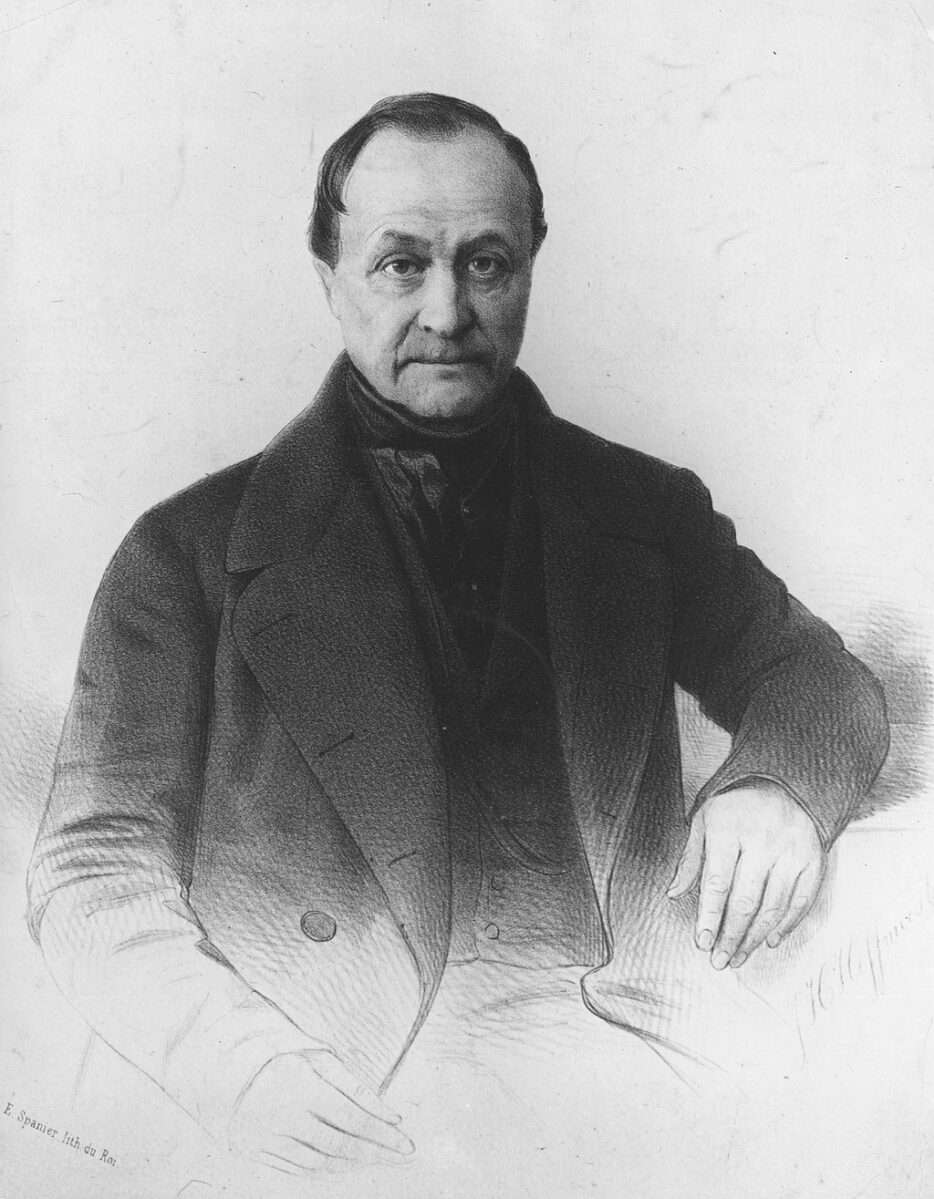Auguste Comte (1798-1857) was a French philosopher who is often referred to as the founder of sociology. He also introduced the term “Sociology”. The term was first introduced in 1838 in his book Cours De Philosophie Positive .
In his work, Comte explained that the word “sociology” comes from the Latin “socius” which means “friend or friend”, and “logos” which means “science”.
Thus, sociology is a branch of science that studies society, including community behavior, and human social behavior by observing the behavior of the groups it builds. These groups include families, ethnic groups, countries, and various political, economic, social organizations.
Three Stage Theory by Auguste Comte
Through this book, Comte introduced the stages of intellectual development, each of which is a development from the previous stage.
The three stages include:
a) Theological stage , namely the level of human thinking that all objects in the world have a soul and it is caused by a power that is above humans;
b) Metaphysical stage , which at this stage humans assume that in every symptom there are certain forces or cores that will eventually be revealed; and
c) Positive Stage , namely the stage where humans begin to think scientifically.
The last three stages of intellectual development, or the Positive Stage , eventually brought people to know his famous thought: Positivism.
Recognizing Positivism
In science, positivism is a form of thought that emphasizes the factual aspects of knowledge, especially scientific knowledge. Generally, positivism describes factual statements on a basis of perception (sensation).
In other words, positivism is a school of thought which states that the natural (empirical) sciences are the only true source of knowledge and rejects the cognitive value of philosophical or metaphysical studies.
According to Anthony Flew in A Dictionary of Philosophy (1984), when viewed from the origin of its development, positivism is a philosophical understanding in the flow of the Galilean tradition that emerged and developed in the XVIII century. Comte himself has tried to use the Galilean paradigm to explain human life in society.
According to Comte, the concepts and methods of natural science can be used to explain human collective life. Furthermore, it is said that human life also occurs under the imperative of the law of cause and effect with all the conditions and probability factors.
As events in the universe are subject to universal laws, Comte stated that human life can always be explained as a process of actualizing the law of cause and effect. Every event or action in human life that is casuistic can always be explained in terms of rational and natural cause and effect and is therefore scientific .
According to him, every action cannot be interpreted from the substance in the form of its own moral-altruistic and metaphysical intentions and goals. Because, that is something that can be considered unscientific (unscientific) .
Pros and Cons of Positivism
As a thought, positivism has its advantages and disadvantages. positivism has advantages and disadvantages as follows:
a.) Strengths
- Positivism produces a knowledge in which humans will be able to explain the reality of life not speculatively, but concretely, definitely, absolutely, regularly and validly;
- With progress and with a spirit of optimism, people will be encouraged to act actively and creatively, in the sense of not only gathering facts, but also predicting the future;
- Positivism has been able to push the pace of progress in the physical and technological sectors;
- Positivism places great emphasis on rational-scientific aspects, both in epistemology and ontological beliefs that are used as the basis of their thinking.
b.) Weaknesses
- Biological analysis which is transformed into social analysis is considered as the root of the decline of spiritual values and even human values. This is because humans are reduced to a physical-biological sense;
- Man will lose meaning, art or beauty, so man cannot feel happy and pleasure does not exist;
- Just stop at something that is visible and empirical so that it cannot find valid knowledge.
